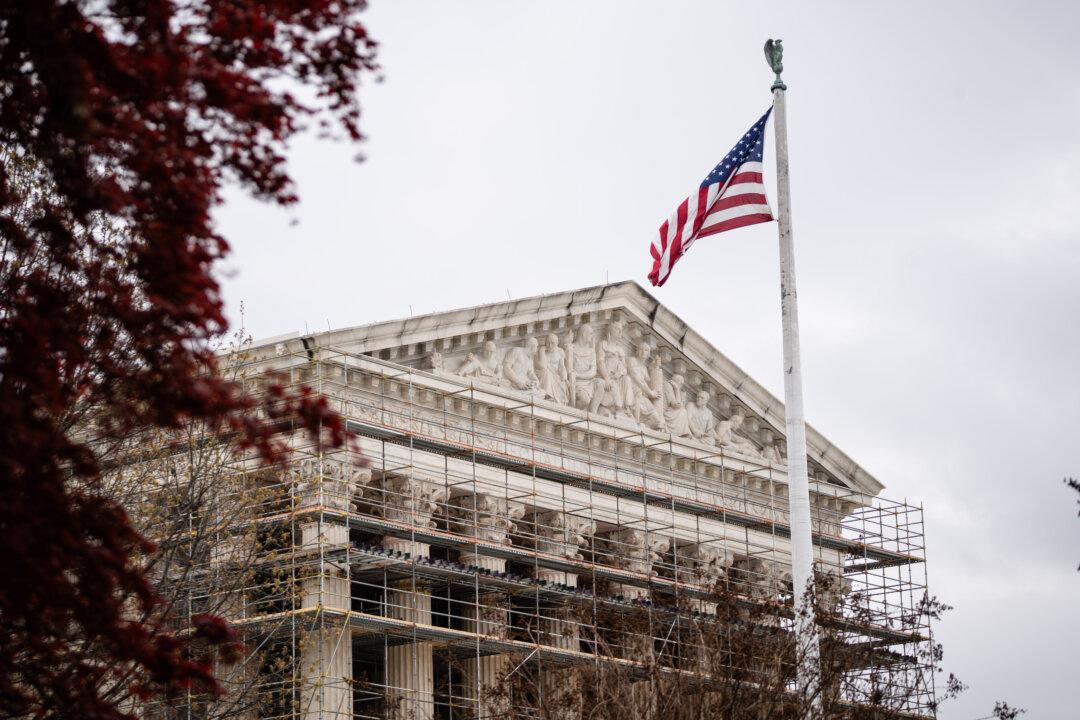The Supreme Court on May 5 decided not to take up a case contesting Mississippi’s near-total ban on advertising for medical marijuana products.
The court’s decision in Cocroft v. Graham took the form of an unsigned order. No justices dissented. The court did not explain its ruling.





